Life Science
Introduction to molecular modeling in drug discovery
Protein preparation, ligand docking, collaborative design, and other fundamentals of small molecule drug discovery with Maestro and LiveDesign
Introduction to computational antibody engineering
Structure-based workflows for assessing and improving the developability, stability, affinity, and ‘humanness’ of antibody therapeutics with BioLuminate
Pharmaceutical formulations
Molecular and periodic quantum mechanics, all atom molecular dynamics, and coarse-grained approaches for studying active pharmaceutical ingredients and their formulations
Designing quality ligand libraries
Exploring chemical space, profiling and tailoring ligand libraries, validating docking models, and methods of enumeration for hit discovery
Free energy calculations for drug design with FEP+
Running, analyzing, and troubleshooting relative binding FEP+ calculations for small molecule lead optimization
Target enablement, preparation, & validation
Enabling protein structures from x-ray crystallography, cryo-EM, ML-methods, and homology modeling for structure-based computational workflows
Homogeneous catalysis & reactivity
Molecular quantum mechanics and machine learning approaches for studying reactivity and mechanism at the molecular level
Virtual screening with integrated physics and machine learning
Acquire essential skills in next-generation virtual screening, integrating physics and machine learning for smarter hit identification
Visualizing science with PyMOL 3
Learn how to unlock the power of movie making in PyMOL
Materials Science
Course bundle
Access all materials science courses with a single, discounted registration
Pharmaceutical formulations
Molecular and periodic quantum mechanics, all atom molecular dynamics, and coarse-grained approaches for studying active pharmaceutical ingredients and their formulations
Homogeneous catalysis & reactivity
Molecular quantum mechanics and machine learning approaches for studying reactivity and mechanism at the molecular level
Consumer packaged goods
All-atom molecular dynamics, coarse-grained, and machine learning approaches for studying materials integral to the formulation of CPG
Surface chemistry
Molecular quantum mechanics, periodic quantum mechanics, and machine learning approaches for studying atomic layer processing and heterogeneous catalysis
Polymeric materials
All-atom molecular dynamics and machine learning approaches for studying polymeric materials and their properties under various conditions
Organic electronics
Molecular quantum mechanics, all-atom molecular dynamics, and machine learning approaches for studying challenges in OLED design and discovery
Battery materials
Molecular and periodic quantum mechanics, all atom molecular dynamics, and machine learning for studying battery materials and their properties under various conditions
Visualizing science with PyMOL 3
Learn how to unlock the power of movie making in PyMOL

Why sign up?
Software and Support Access
Enrollment in a Schrödinger Online Course includes access to Schrödinger software and support.
Flexible Asynchronous Learning
Courses are entirely asynchronous so you can participate at your preferred pace.
Guided Case Study
Participants complete a case study at the end of each course to demonstrate mastery of the material.
Certificate and Badge Achievement
Upon completion, you will receive a Schrödinger certificate and badge for your CV.
Frequently asked questions
How much do the online courses cost?
Pricing varies by each course and by the participant type. For students wishing to take these courses, we offer a student price of $140 for introductory courses, $290 for the Materials Science bundle, and $825 for advanced courses. For commercial participants, the course price is $545 for introductory courses and $1365 for advanced courses and bundles.
When does the course start?
The courses run on sessions, which range from 3-6 week periods during which the course and access to software are available to participants. You can find the course session and start dates on each course page.
What time are the lectures?
Once the course session begins, all lectures are asynchronous and you can view the self-paced videos, tutorials, and assignments at your convenience.
How could I pay for this course?
Interested participants can pay for the course by completing their registration and using the credit card portal for an instant sign up. Please note that a credit card is required as we do not accept debit cards. Additionally, we can provide a purchase order upon request, please email online-learning@schrodinger.com if you are interested in this option.
How can I preview the course before registering?
Are there any scholarship opportunities available for students?
Schrödinger is committed to supporting students with limited resources. Schrödinger’s mission is to improve human health and quality of life by transforming the way therapeutics and materials are discovered. Schrödinger proudly supports the next generation of scientists. We have created a scholarship program that is open to full-time students or post-docs to students who can demonstrate financial need, and have a statement of support from the academic advisor. Please complete the application form if you qualify for our scholarship program!
Will material still be available after a course ends?
While access to the software will end when the course closes, some of the material within the course (slides, papers, and tutorials) are available for download so that you can refer back to it after the course. Other materials, such as videos, quizzes, and access to the software, will only be available for the duration of the course.
Do I need access to the software to be able to do the course? Do I have to purchase the software separately?
For the duration of the course, you will have access to a web-based version of Maestro, Bioluminate, Materials Science Maestro and/or LiveDesign (depending on the course). You do not have to separately purchase access to any software. While access to the software will end when the course closes, some of the material within the course (slides, papers, and tutorials) are available for download so that you can refer back to it after the course. Other materials, such as videos, quizzes, and access to the software, will only be available for the duration of the course. Please note that Schrödinger software is only to be used for course-related purposes.
Additional Resources
Free learning resources
Quickly learn how to integrate Schrödinger technology into your research. From overviews to deep dives, you can find information about applications, workflows, and analysis here.
Teaching with Schrödinger
Connect your students to industry-leading molecular modeling software through a web-based platform. Incorporate molecular modeling in the classroom.
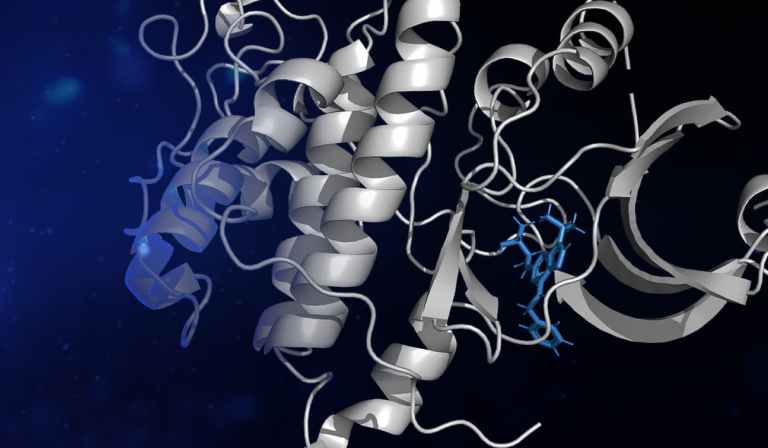
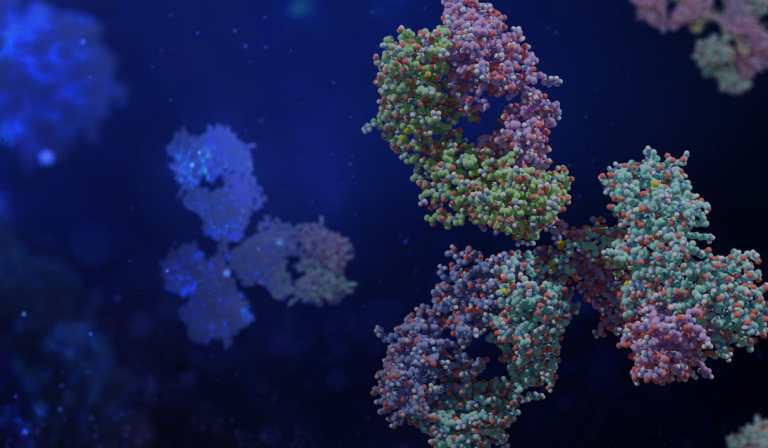
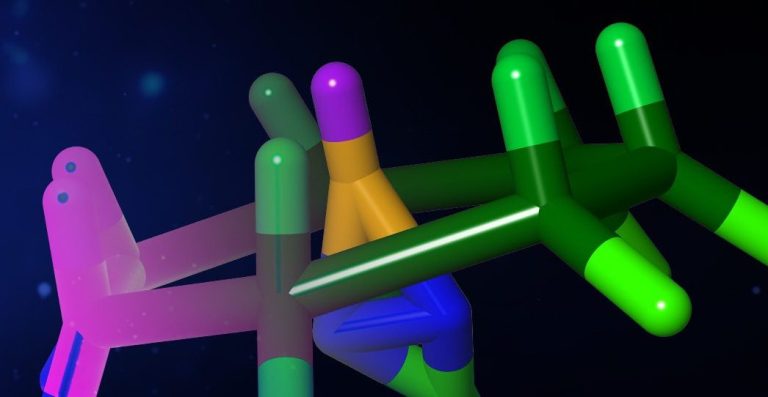
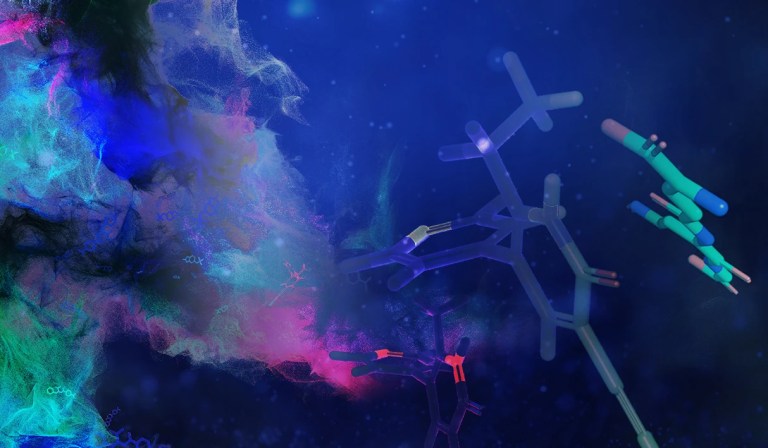
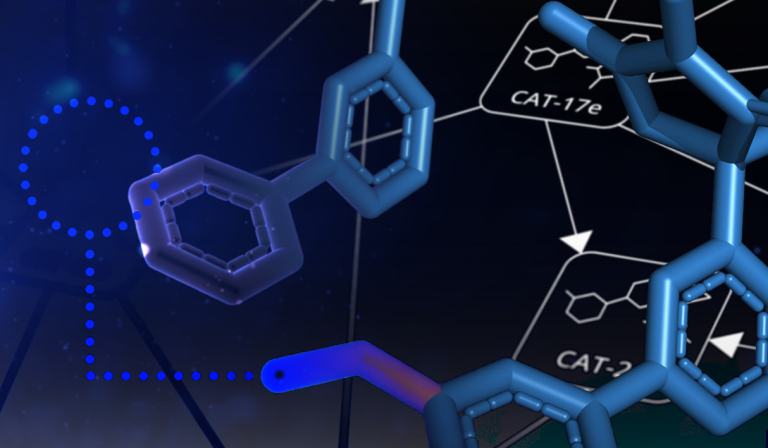
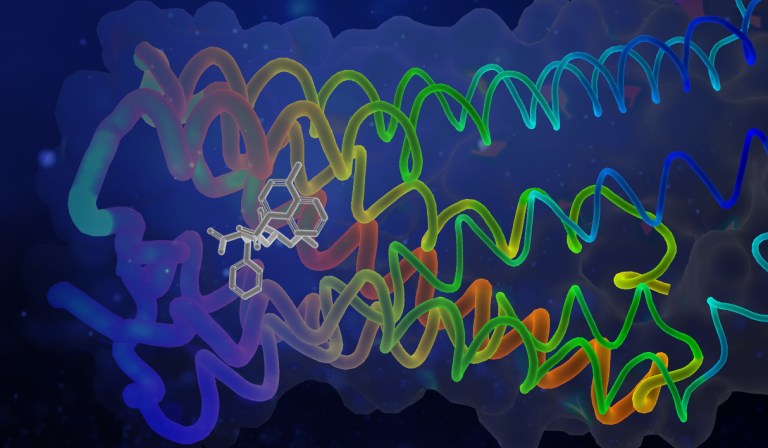
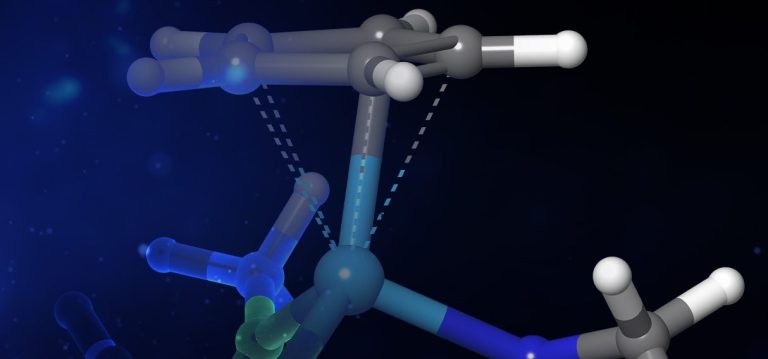
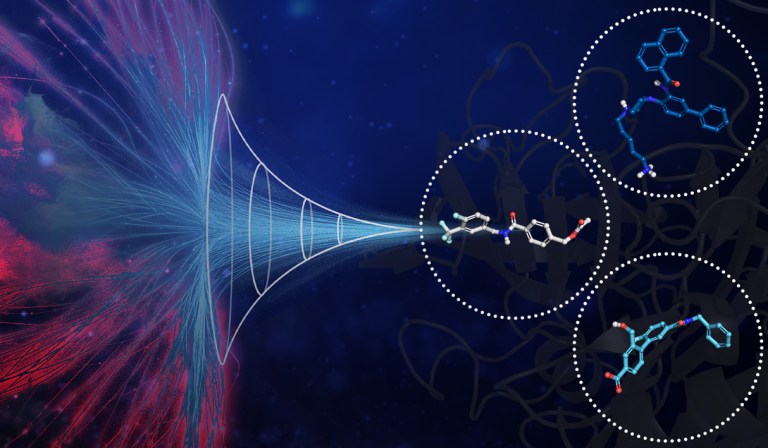
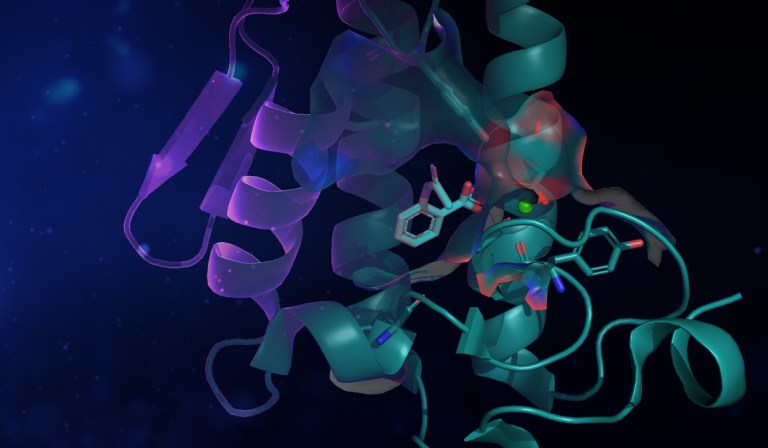
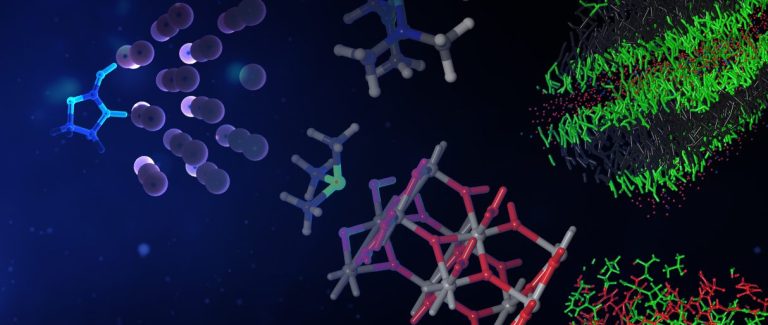
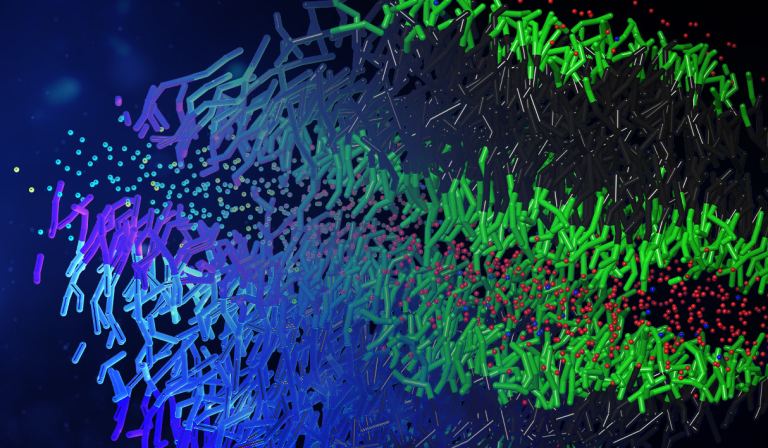
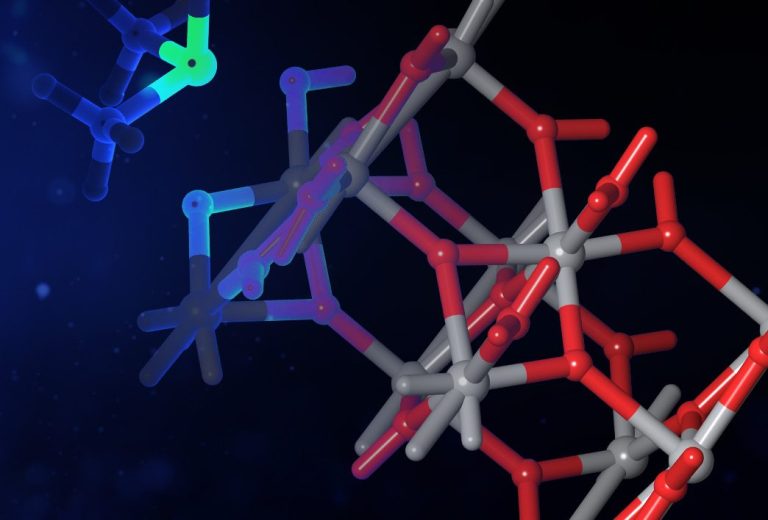
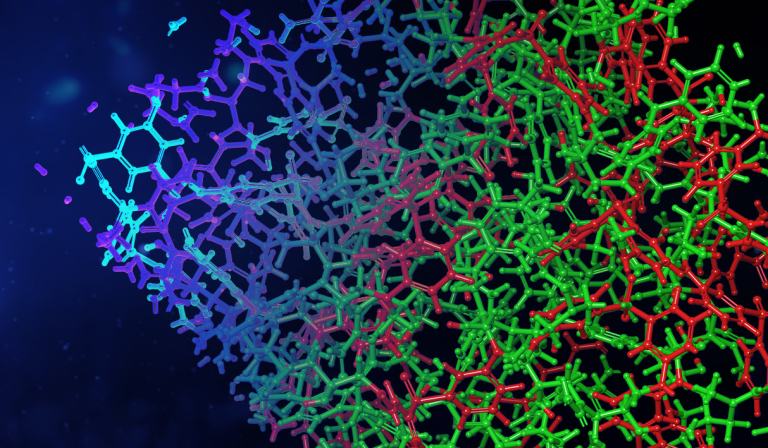
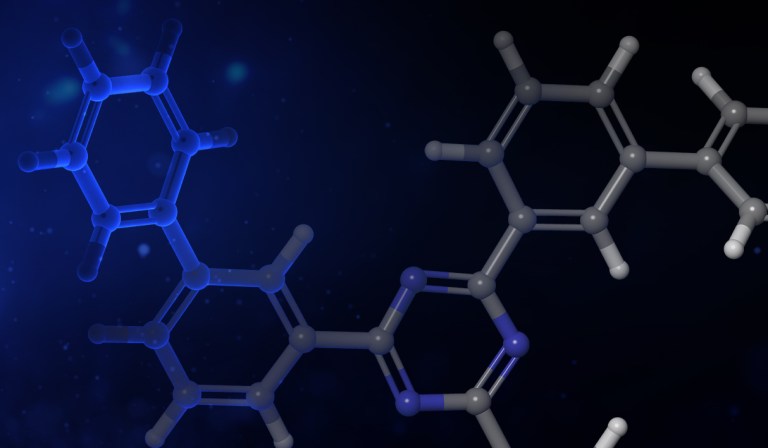
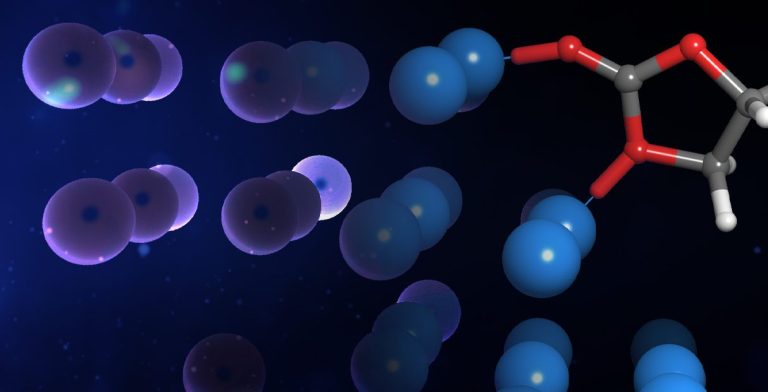
What our participants say